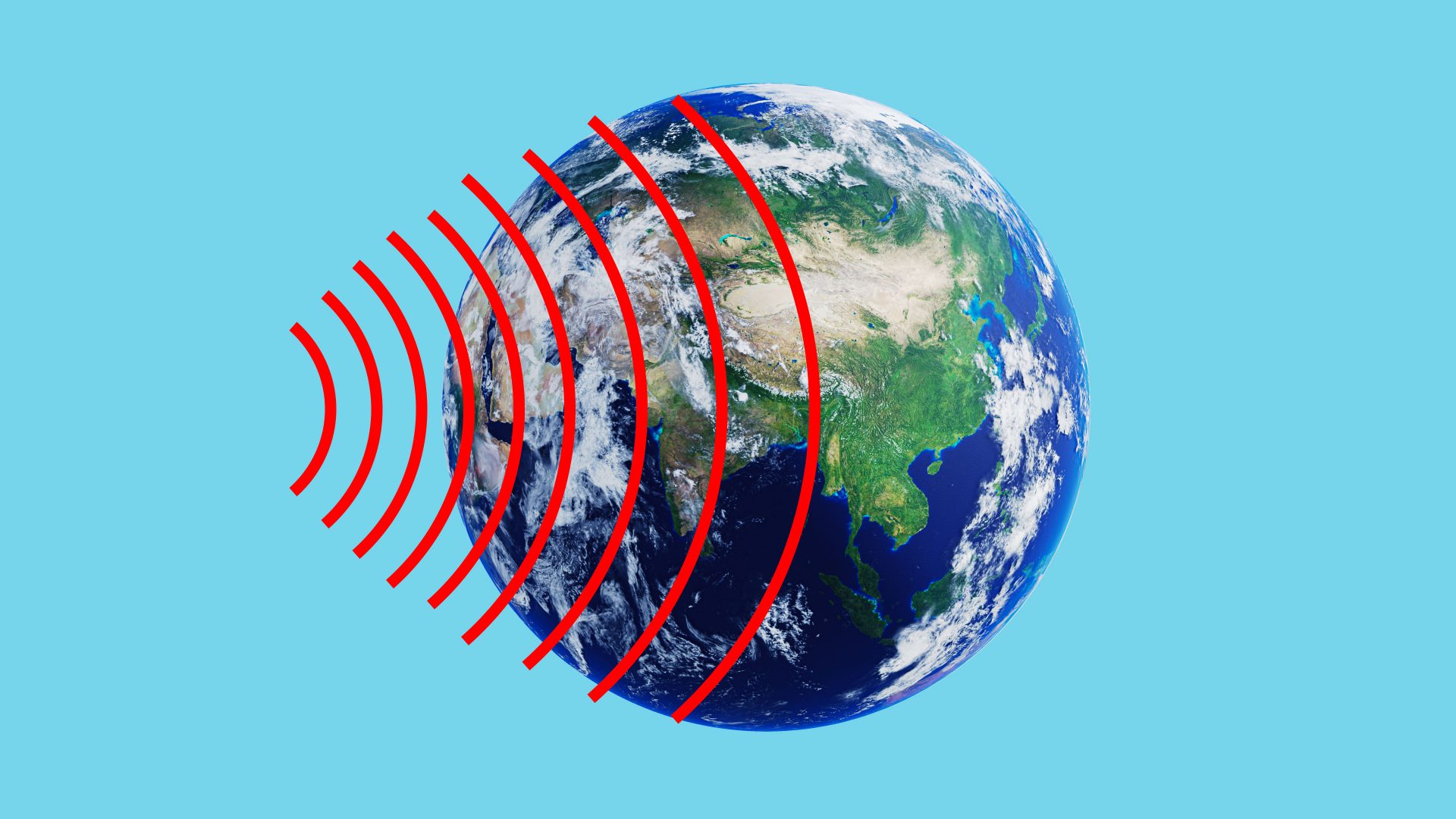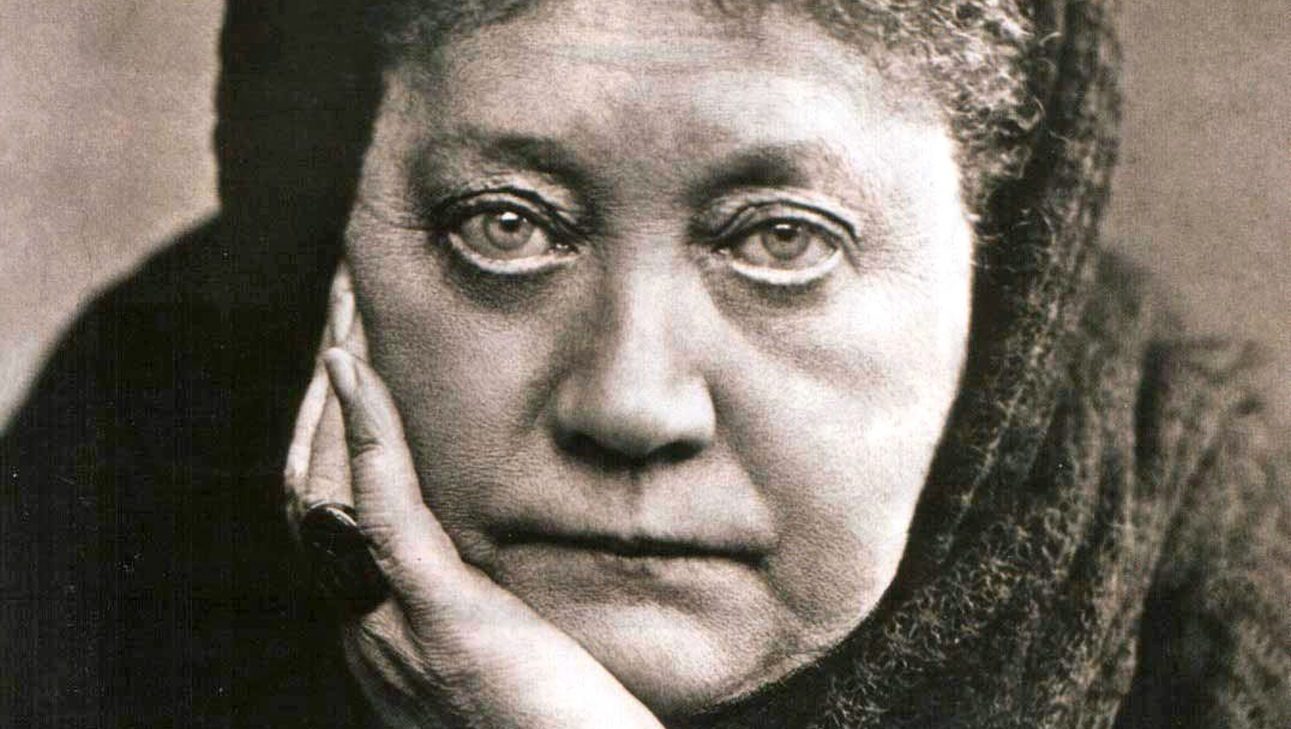I have often referred to the appalling price paid for the spread of English around the world by indigenous peoples and their now dead or dying
languages. It is not difficult for those English speakers who are so inclined to feel uneasy about this.
There are, however, some places in the world to which English has spread
where no price has been paid by any indigenous peoples.
One well-known such location is Bermuda. This small, then unknown archipelago was totally uninhabited in 1609 when the first English speakers
arrived. They were en route for the Jamestown colony in Virginia when they became shipwrecked in Bermuda, about 550 miles east of the American mainland.
After this accidental discovery, 60 English settlers were sent by the Virginia Company from London to colonise the islands, in 1612.
Another such now English-speaking place is St Helena, in the South Atlantic, which also had no native population.
Sadly, however, in both of these places, slaves were then introduced from Africa and elsewhere – in Bermuda in 1616, and in St Helena soon after settlement in 1659 – which gives us something else to feel uneasy about.
Happily, however, in the 19th century there were two other settlements of
English speakers from Britain with no slavery – and no undesirable consequences for any native peoples, because there were none.
The first was the hitherto uninhabited island of Tristan da Cunha, in the remote South Atlantic, which was settled by English speakers in 1816.
This South Atlantic British dependent territory is about half-way between southern Africa and South America, and is the most remote permanently inhabited settlement in the world, the nearest habitation being St Helena, which is about 1,200 miles away.
A British garrison was stationed on Tristan in 1816, because of fears that it
might be used as a base for rescuing Napoleon from St Helena, and the islands were formally annexed to Britain.
When the garrison left in 1817, three soldiers asked to stay, and during the rest of the 1800s they were joined by shipwrecked sailors, a few European
settlers, and six women from St Helena. By 1886 the population was 97 and is now around 250.
Second, in 1834 – at about the same time as major anglophone settlement
was beginning in New Zealand – people from Britain started settling on the
Falkland Islands.
The Falklands, which had never previously had any indigenous population, are about 300 miles east of the South American mainland. They are about half as far again from Argentina and Chile as the Canary Islands are from the mainland of west Africa. (The Canaries, Argentina and Chile did all have indigenous populations that were substantially, or in the case of the Canaries, totally destroyed after colonisation by Spain.)
Anglophone immigration to the Falklands was almost entirely from
England and Scotland, although there was some from Ireland, too. The population in 1850 was about 400; by 1900 it had reached 2,000; and today it is around 3,000. Of these, roughly 80% live in Port Stanley, the capital.
As in Australia, New Zealand and South Africa, a distinctive new local variety of English had developed by the end of the 19th century.
Modern Falkland Island English bears some resemblance to the other Southern Hemisphere Englishes, and islanders report that they are sometimes mistaken for Australians.
UNEASY
Unfair means ‘not fair, unjust’. Unsuitable means ‘not suitable,
inappropriate’. But, interestingly, uneasy does not mean ‘not easy,
difficult’ – it is not the opposite of easy. It refers not to the difficulty of a
situation or task but to how a person feels about it, ‘finding something
difficult to cope with psychologically’.




